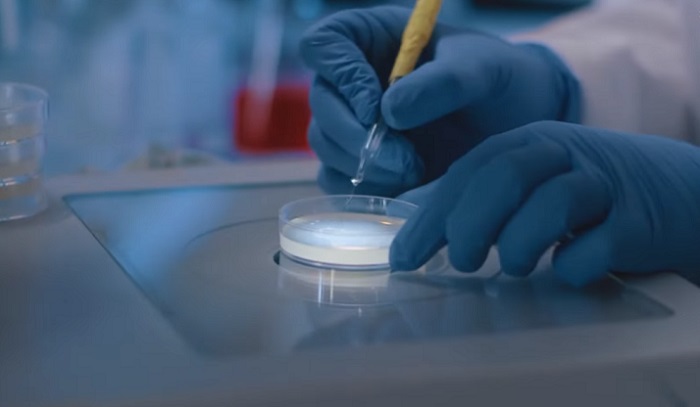Healthcare providers in Washington state are addressing the initial documented occurrence of the Candida auris fungus, known for causing severe infections with potentially fatal outcomes.
C. auris, identified by the Centers for Disease Control (CDC) as a fungus resistant to treatment medications, has been officially identified in four patients associated with Kindred Hospital on First Hill in Seattle.
The medical facility follows a regular screening protocol for this fungus among incoming patients and promptly informed the health department after a patient, admitted on January 10, tested positive for C. auris.
Confirmed Candida Auris Cases Spike After Facility Screenings

Health authorities reported that, following screenings at the facility, two patients initially testing negative for C. auris on Jan. 22 were later confirmed positive, and a fourth case was reported to the health department on Jan. 26.
According to the CDC, the C. auris fungus can transmit between individuals in healthcare settings like hospitals and nursing homes, leading to infections in wounds, ears, urinary tracts, and bloodstream.
While the fungus poses no threat to healthy individuals, those with underlying medical conditions and medical devices are at a heightened risk of infection, especially in healthcare settings, as explained by Meagan Kay, a medical epidemiologist with Public Health Seattle & King County.
Patients may unknowingly carry C. auris on their bodies without experiencing illness, a phenomenon termed “colonization” by the CDC.
However, colonization increases the risk of acquiring an infection, which can result in serious illness and death in at least 30% of cases, according to Kay.
Fungal Resilience in Healthcare Spaces
The resilience of this fungus in healthcare environments poses a challenge as it can persist on surfaces for extended periods.
In response to this, the Washington State Department of Health administers a proactive screening initiative known as the Partners for Patient Safety Program.
Upon admission to Kindred, all patients undergo screening through the Partners for Patient Safety Program, aiding in the early detection of cases and mitigating the potential spread of such infections.
Health authorities emphasized the significance of vigilance, considering that individuals with C. auris often exhibit no discernible symptoms.
In cases of infection, symptoms may encompass:
- Temperature spike
- Feels cold
- Low body temperature
- Lowered blood pressure
- Enhanced Heart Rate
- Exhaustion
- Pressure or Pain in the Ears



